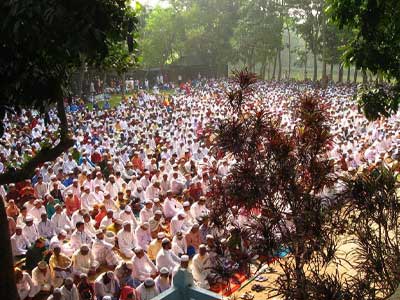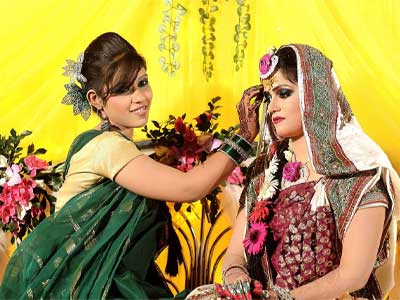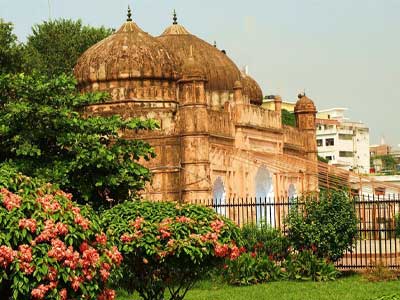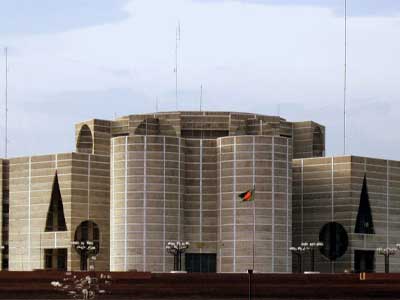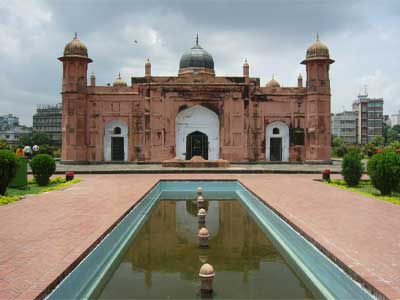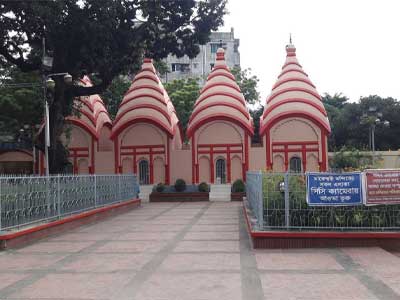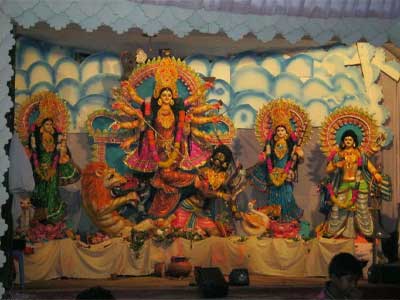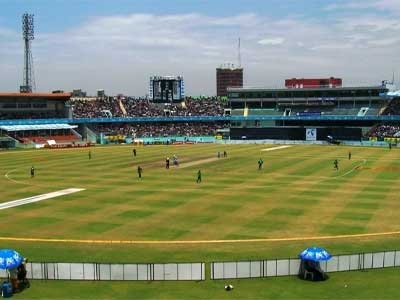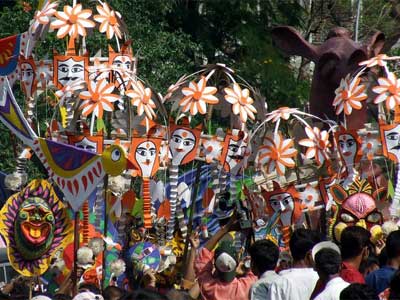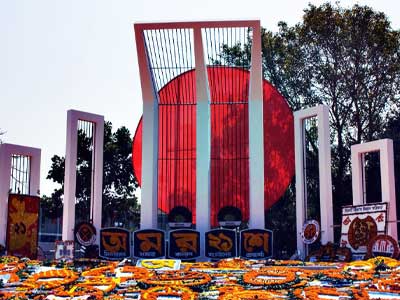People & Culture
The Culture of Bangladesh is intertwined with the culture of the Bengal region. It has evolved over the centuries encompasses the cultural diversity of several social groups of Bangladesh. The Bengal Renaissance of the 19th early 20th centuries, noted Bengali writers, saints, authors, scientists, researchers, thinkers, music composers, painters, film-makers have played a significant role in the development of Bengali culture. The Bengal Renaissance contained the seeds of a nascent political Indian nationalism was the precursor in many ways to modern Indian artistic cultural expression.
The cultures of Bangladesh are composite over the centuries have assimilated influences of Islam, Hinduism, Buddhism, Christianity. It is manifested in various forms, including music, dance, drama; art craft; folklore folktale; languages literature; philosophy religion; festivals celebrations; as well as in a distinct cuisine culinary tradition .

